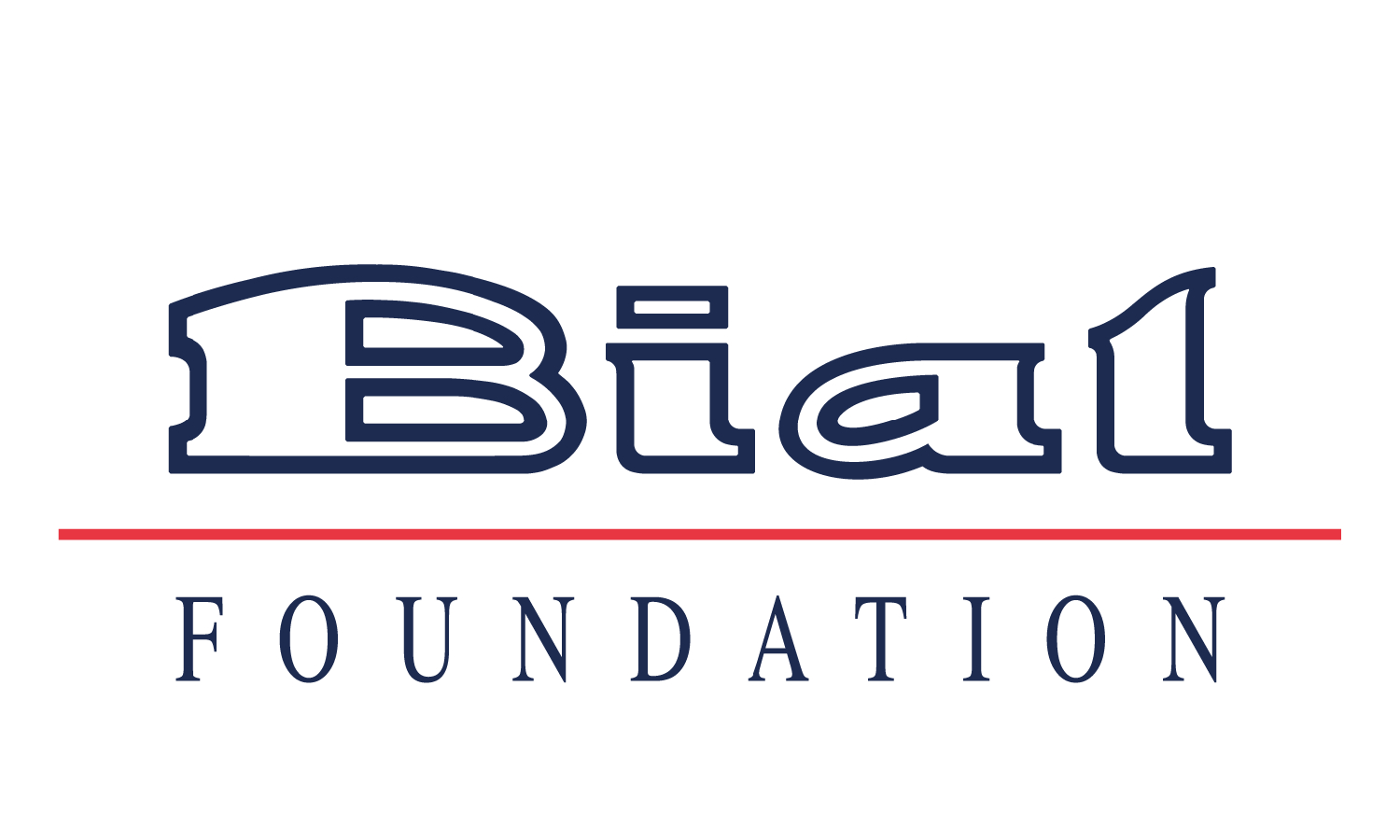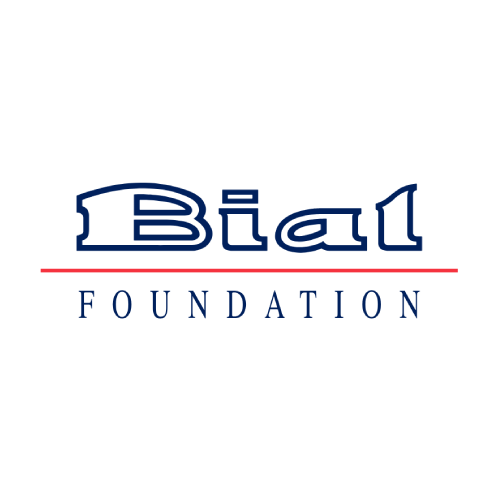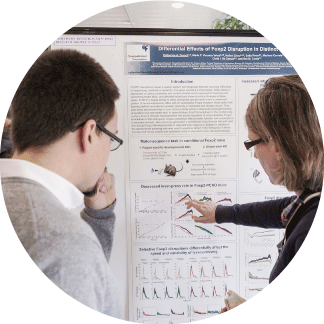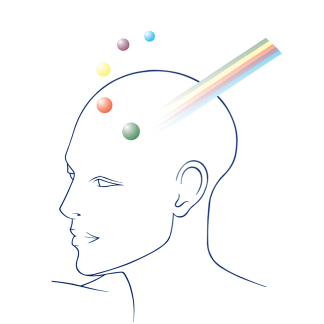News
Top Stories

Does your dog have social skills?
A study suggests that viewing the owner’s face works as a positive social reinforcement for dogs. Learn more about this and other surprising results about “man’s best friend”.
News

The placebo effect in religious practices
The paper Placebo effects in the context of religious beliefs and practices: A resting-state functional connectivity study stemming from project 02/18 - Neurobiological effects of Lourdes water: an fMRI study, supported by the BIAL Foundation, was published by Anne Schienle, from the University of Graz (Austria), in the journal Frontiers in Behavioral Neuroscience. “Background: Placebos (inert substances or procedures) can positively influence a person’s psychological and physical well-being, which is accompanied by specific changes in brain activity. There are many different types of placebos with different effects on health-related variables. This study investigated placebo effects in the context of religious beliefs and practices. The participants received an inert substance (tap water) along with the verbal suggestion that the water would come from the sanctuary in Lourdes (a major Catholic pilgrimage site with reports of miracle cures). We investigated changes in resting-state functional connectivity (rsFC) in three brain networks (default-mode, salience, cognitive control) associated with the drinking of the placebo water. Methods: A total of 37 females with the belief that water from the sanctuary in Lourdes has positive effects on their spiritual, emotional, and physical well-being participated in this placebo study with two sessions. The participants drank tap water that was labeled “Lourdes water” (placebo) before a 15-min resting-state scan in one session. In the other (control) session, they received tap water labeled as tap water. The participants rated their affective state (valence, arousal) during the session and were interviewed concerning specific thoughts, feelings, and bodily sensations directly after each of the two sessions. Results: The placebo reduced rsFC in the frontoparietal cognitive control network and increased rsFC in the salience network (insular-cerebellar connectivity). During the session, the participants rated their affective state as very pleasant and calm. The ratings did not differ between the two conditions. Immediately after the session, the participants reported increased intensity of pleasant bodily sensations (e.g., feelings of warmth, tingling) and feelings (e.g., gratefulness) for the “Lourdes water” condition. Conclusions: The present findings provide the first evidence that placebos in the context of religious beliefs and practices can change the experience of emotional salience and cognitive control which is accompanied by connectivity changes in the associated brain networks.”

The projects supported by the BIAL Foundation produced 1.457 indexed publications
Did you know that the research funded by the BIAL Foundation has resulted until April 2021 in the publication of 1.829 papers, 1.457 of which in indexed journals (in Scopus or Web of Science) and 1.238 in impact factor journals?

The Journal of Anomalous Experience and Cognition was recently launched
Did you know that the Journal of Anomalous Experience and Cognition, recently launched, is welcoming the submission of manuscripts? This scientific peer-reviewed journal links anomalous experience and cognition. The first one refers to unusual but not necessarily pathological experiences, such as mystical experiences, out-of-body experiences, and others. They can be spontaneous or induced and have life-changing effects. Anomalous cognition refers to rigorous multidisciplinary research that seeks to improve our understanding of psycho-physical interrelations, including the hypothesis that organisms can be affected by spatially or temporally distant stimuli - unmediated by the senses or reason - and that intentions can directly affect physical systems, as well as attitudes, beliefs, and other variables related to such claims. For any questions kindly contact the Editor-in-Chief, Etzel Cardeña, Ph.D., Thorsen Professor in Psychology.





